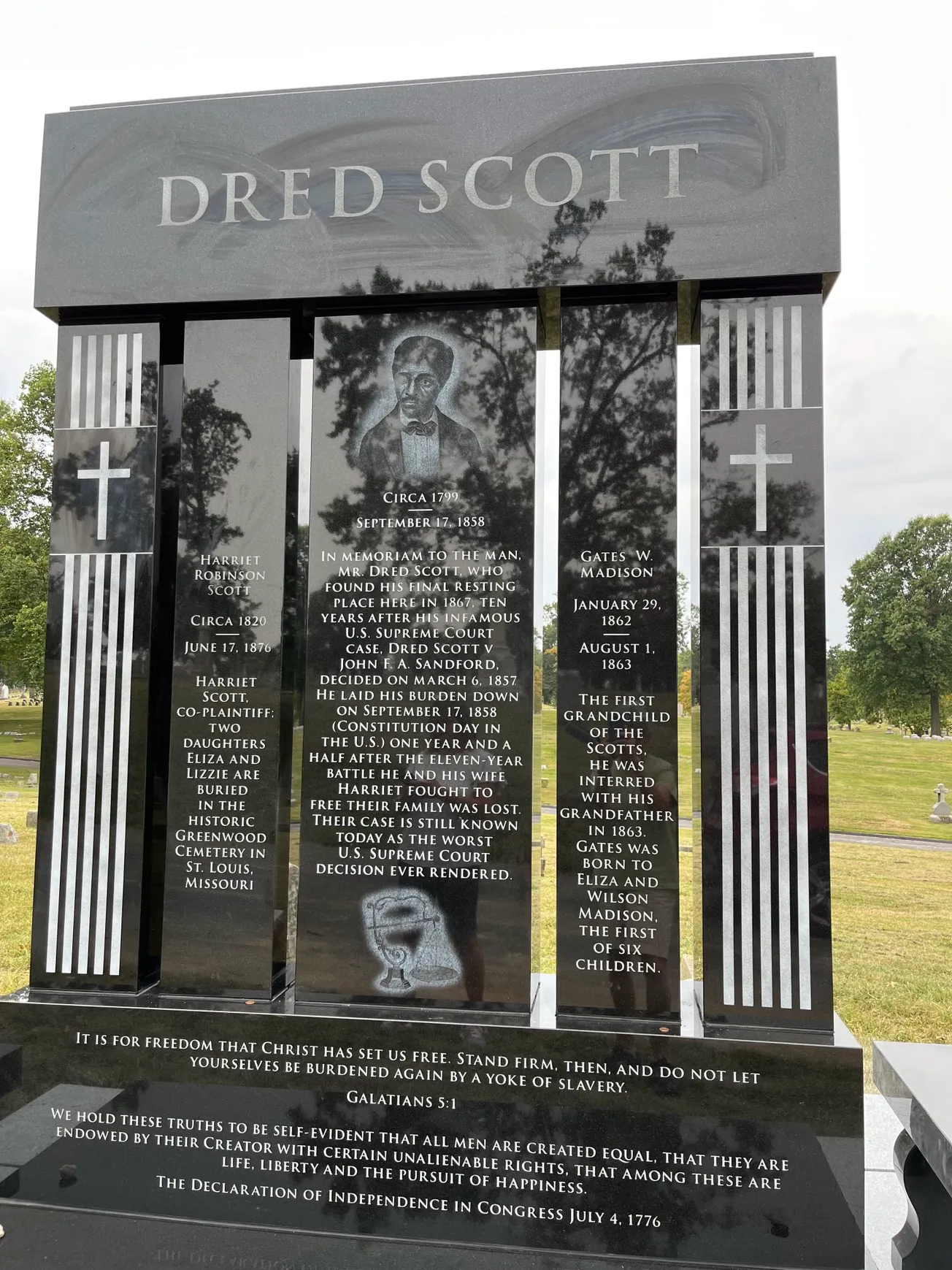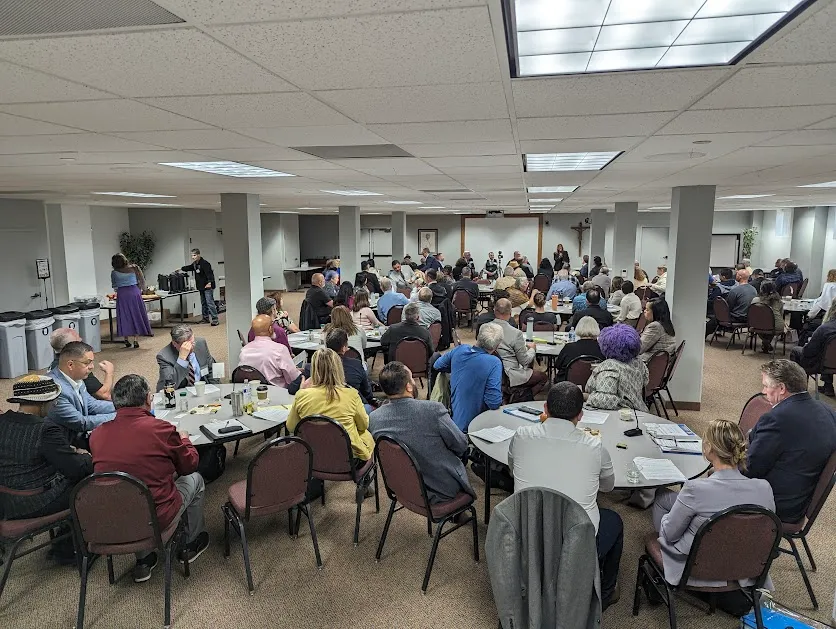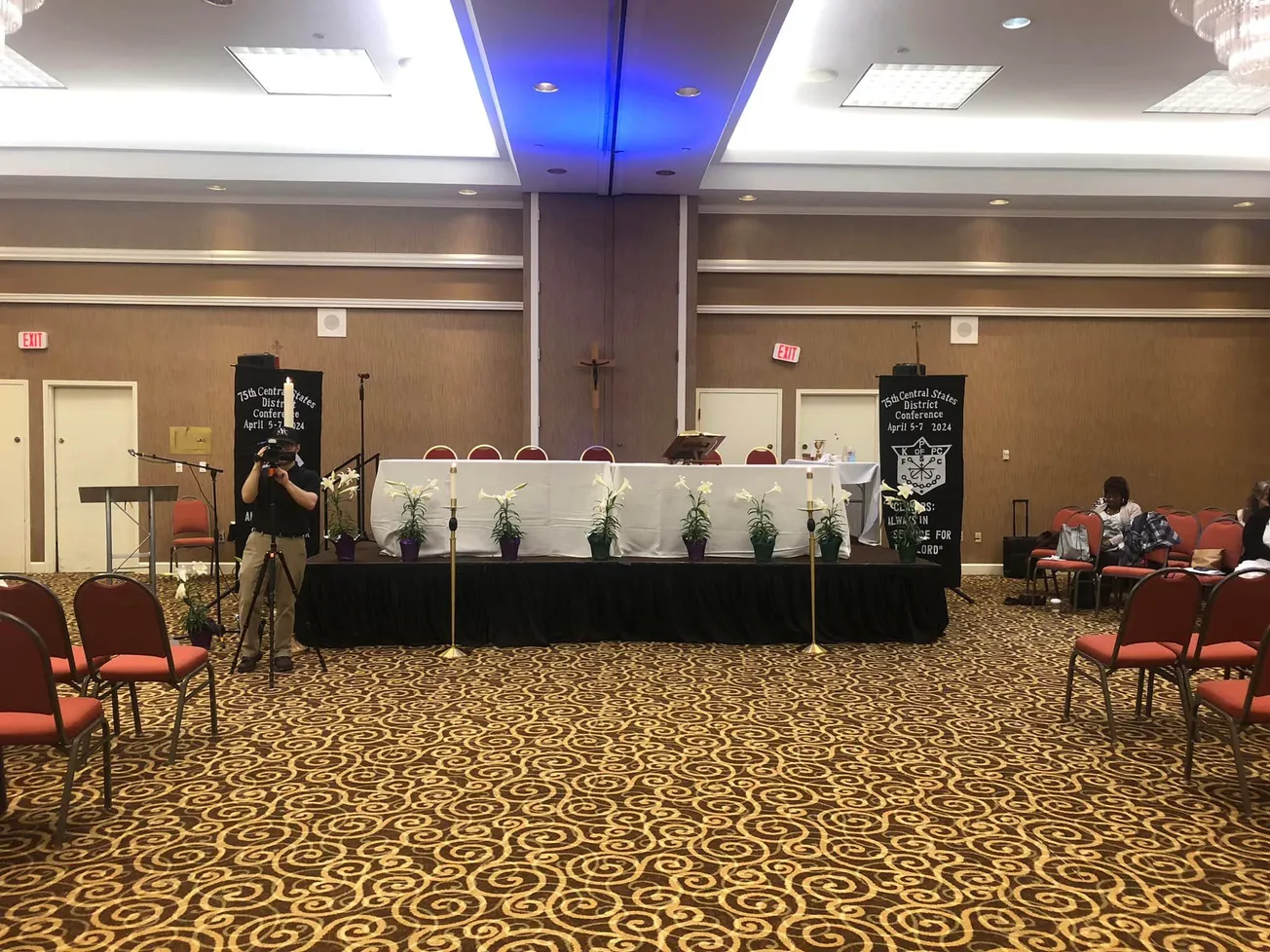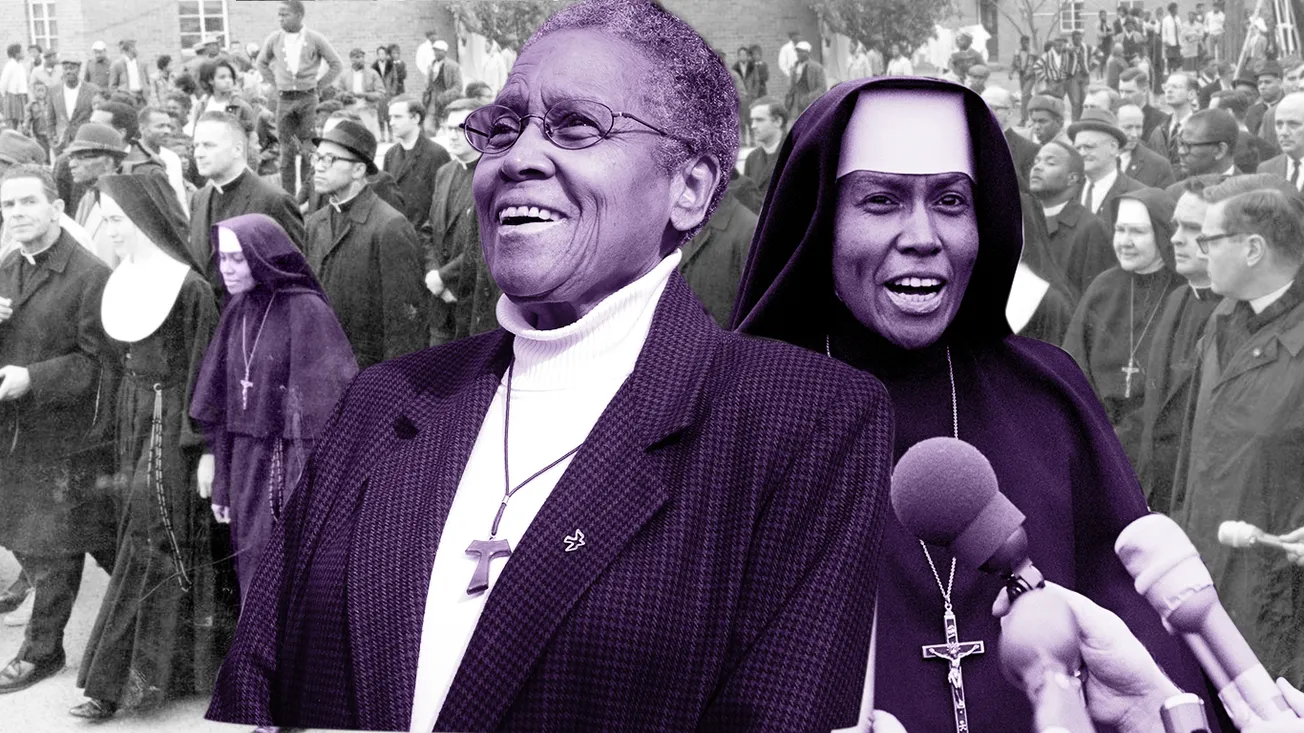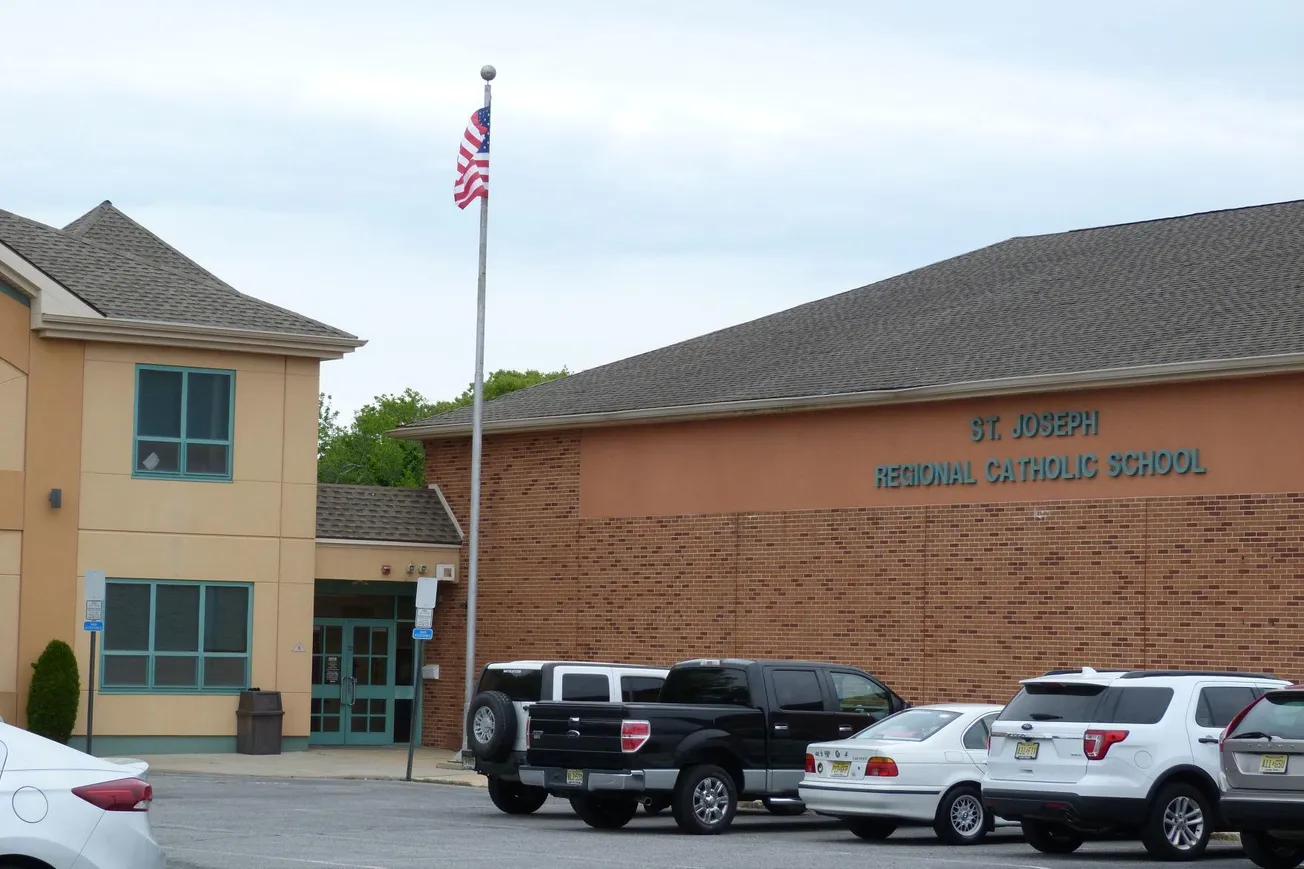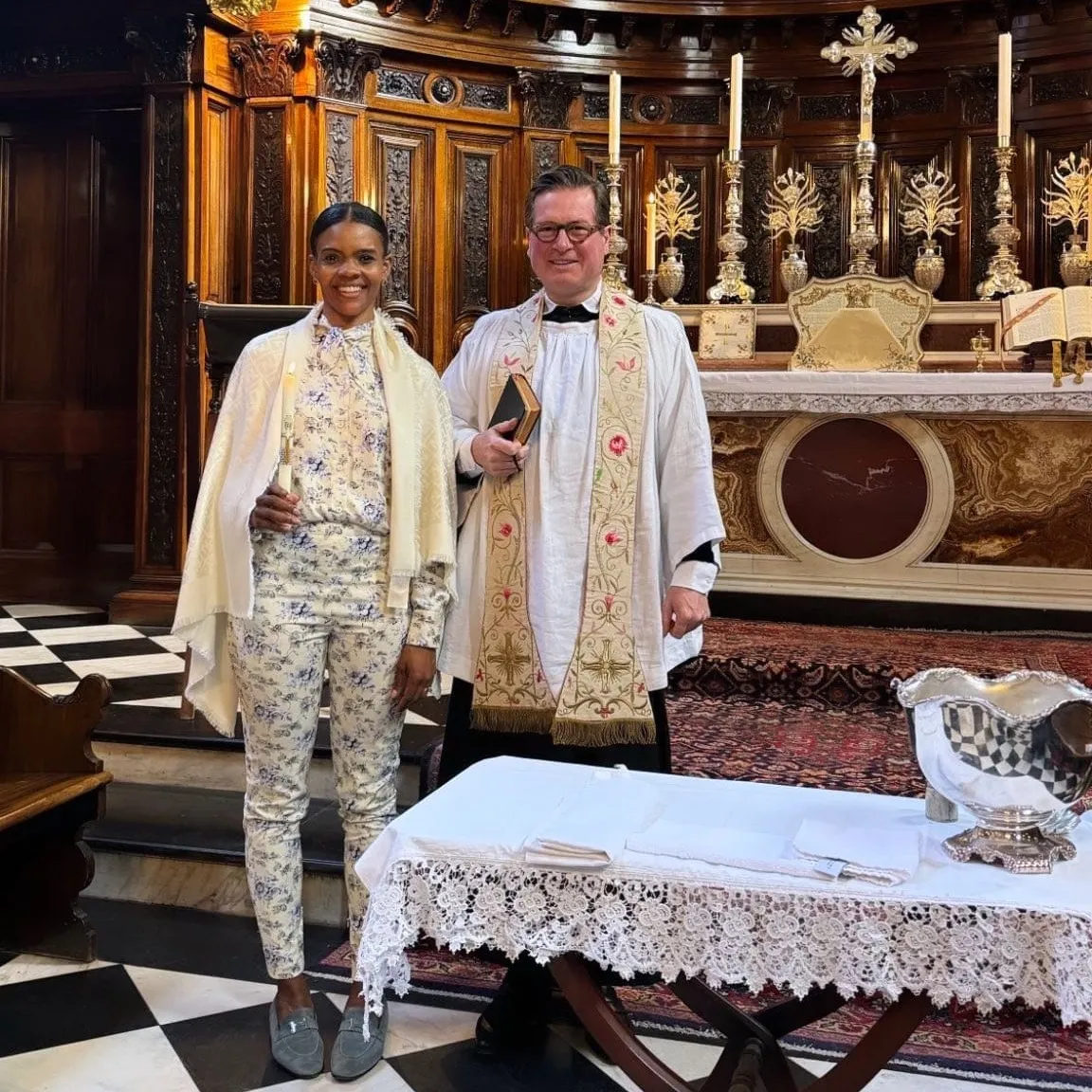On Saturday in St. Louis, the family of Dred Scott will dedicate a new grave marker at his burial site in Calvary Cemetery, a Catholic institution recently reopened to the public. Scott, an enslaved African American, was the plaintiff in the infamous Scott v. Sanford Supreme Court case in 1857, which ruled that African Americans do not enjoy citizenship in the United States.
The quest to properly mark his grave has been years in the making, following a long period in which his grave was not noted at all. A Jesuit priest, Fr Ed Dowling, spearheaded the creation of a small tombstone in the late 1950s, but the Scott family has since envisioned a more grand tribute to their late ancestor and a principal forebear of Black liberation.
Lynne M. Jackson, Scott’s great-great-granddaughter, leads the Dred Scott Heritage Foundation and has been the driving force behind the new efforts now coming to fruition. Among other initiatives, her fundraiser for the new marker brought in more than $25,000.
“The Scott foundation started a GoFundMe during COVID because I had this idea for several years, but everything got shut down, including our fundraiser,” she told BCM.
“Then, within a year, the Mellon Foundation stepped up and also donated. Between the two, we had plenty of funds to go ahead and order the monument the way that we wanted it.”
The new Dred Scott grave marker has been installed at Calvary Cemetery in St Louis, MO and will be dedicated on September 30. pic.twitter.com/iVUONOd7wC
— Marion Miller☮️🇺🇦 (@MillerMj314) September 22, 2023
Jackson says the dedication this weekend has the blessing of a number of parties long connected to the legacy of Scott, who has often been remembered in history books and lectures but not always with monuments and memorials.
The Archdiocese of St. Louis and Jesuits are among those supporting the Scott descendants’ vision, though it’s not clear that Scott was himself a Catholic. His wife Harriet, a member of a Protestant church, made the family’s first connection with a lawyer there, which led to their long saga in search of freedom. Scott was born into slavery in Virginia in 1799, but for several years he and his family had lived with his masters in Illinois and Wisconsin, both of which were free states that had laws stipulating emancipation after a certain length of residence.
Scott’s case was defeated at the state level, but he refiled his case under federal law, and it eventually reached the nation’s highest court. There, the bench ruled 7-2 against the Scotts—led by a Catholic chief justice in Roger B. Taney, who argued that African Americans “had no rights which the white man was bound to respect.”
Scott and his family were eventually freed by their final owner, U.S. Rep. Henry Taylor Blow of Missouri, and Scott died of tuberculosis in 1858, just over a year after finally gaining his freedom. He was originally buried in a Wesleyan Cemetery, but after its closure, his remains were moved to an unmarked plot in Calvary Cemetery at the request of Blow, who had converted to Catholicism. (Some of Scott’s family would later claim he, too, was a member of the faith.)



Left: The original grave marker for Dred Scott. Center and right: The updated, double-sided marker. (liz_july4th/Marion Miller/Twitter)
According to GoFundMe data, the Central and Southern Province of the Jesuits contributed to the fund for the improved iteration. Jackson says a delegation from the order will be present for Saturday’s event, including archivist Dr. David Miros and Fr Frank Reale. The Blow family has also contributed to the new marker and will have members present.
Representatives have also been invited from the civil government, including Justice Robin Ransom, the first Black woman on the Missouri Supreme Court—the same jurisdiction that originally overturned a lower court ruling in the Scotts’ favor in 1852. The Missouri legislature officially repudiated that decision with a state senate vote in 2021. (A statue of Scott, funded by the Scott foundation and sculpted by local artist Harry Weber, now stands outside the old state courthouse where the family first sued for freedom.)
Scott’s original tombstone at Calvary was created for the centennial of the Supreme Court decision that sealed his family’s fate. The dedication of Scott’s new grave marker is intended to coincide with the 165th anniversary of Scott’s death, which was commemorated on September 17.
Damage from a storm that rocked the St. Louis area earlier this summer forced the date change to this weekend, and Saturday’s ceremony will begin at 11am CT. The public is invited to attend and the event will be recorded, given the popularity of Scott’s resting place.
“Dred Scott’s grave is among the most-visited burial sites at St. Louis’s historic and beautiful Calvary Cemetery. The new memorial will provide a more complete understanding of the history of this famous ex-slave,” the Scott foundation said in a statement.
“[It is] intended as a fitting remembrance to the man whose name is synonymous with the Supreme Court decision that denied his bid for freedom. “
Nate Tinner-Williams is co-founder and editor of Black Catholic Messenger.



